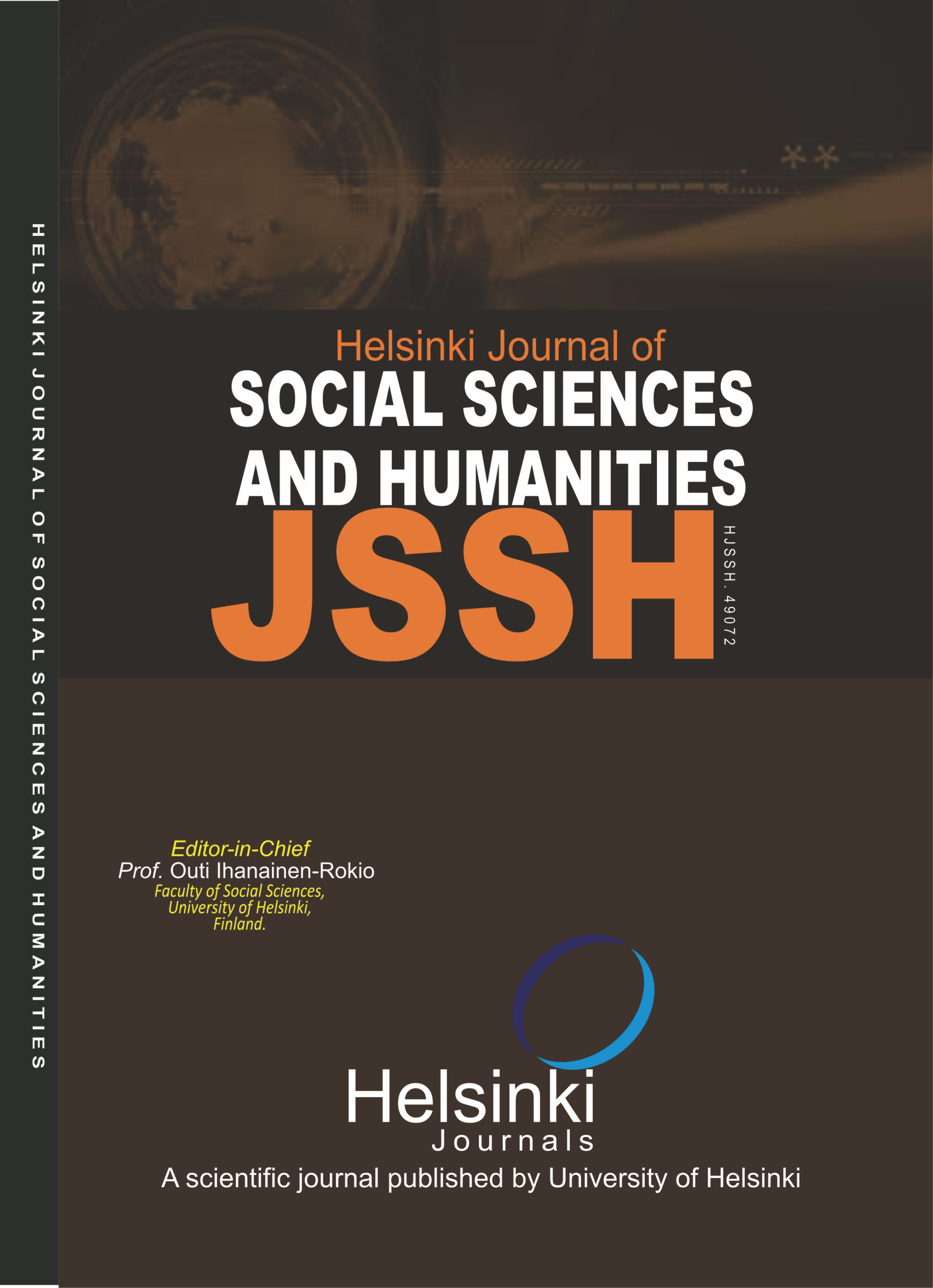HELSINKI JOURNAL OF SOCIAL SCIENCES AND HUMANITIES (HJSSH)
FOOD MANAGEMENT FOR ORPHANS AND POOR CHILDREN IN INSTITUTIONAL CARE
E-ISSN: 7764-9221
P-ISSN: 3442-3567
DOI: https://iigdpublishers.com/article/563
Institutional care is a shelter or a safe place that accommodates children who have lost their mother, father, or both, neglect as a result of poverty and the inability of extended families to access basic needs for children. This study was conducted using a qualitative design through the distribution of questionaires to 49 institutions in all districts in the state of Terengganu, Malaysia. This study used a qualitative research design consisting of structured interviews guided by a checklist on 49 institutional cares. The purposive sampling method was used in this study. The dates obtained were analyzed using the frequency and percentages of the built-in-checklist. The findings show the frequency distribution of institutional streams of institutional care. There were 28 (57.1%) Tahfiz streams, 14 (28.6%) Academic and Tahfiz streams, and 7 (14.3%) Academic streams among the 28 (57.1%) institutions. The highest frequency of daily meals provided by institutional cares is 3-4 times a day which is 33 meals (67.3%). A total of 25 (51.0%) institutional cares received food donations every month. The most important source of water is tap water which is 45 pieces (91.8%). The results of the study found that 29 (59.2%) institutional cares have never experienced food poisoning. Institutional cares need to make more careful plans when managing the welfare of children living in institutional care. Institutions need to be careful when receiving any food aid from outside parties so that the problem of food poisoning does not occur. All parties also play an important role in ensuring the welfare of orphans and poor children living in institutional cares.
Siti Hajar & Normala Riza
Adu-Gyamfi, S., Awuah, D. B., & Amakye-Boateng, K. (2019). The economic history of health non-governmental organisations in Ghana. African Review of Economics and Finance, 11(2), 338-364.
Alvi, M., & Gupta, M. (2020). Learning in times of lockdown: how Covid-19 is affecting education and food security in India. Food security, 12(4), 793-796.
Ashray, F. S. M. (2017). The Role of Government and Voluntary Welfare Sector in Malaysia.
Behnke, N., Cronk, R., Snel, M., Moffa, M., Tu, R., Banner, B., & Bartram, J. (2018). Improving environmental conditions for involuntarily displaced populations: water, sanitation, and hygiene in orphanages, prisons, and refugee and IDP settlements. Journal of Water, Sanitation and Hygiene for Development, 8(4), 785-791.
British Columbia Institute of Technology. (2002). Developing checklist and rating scales. Retirved from, http://www.northernc.on.ca/leid/docs/ja_developchecklists.pdf
